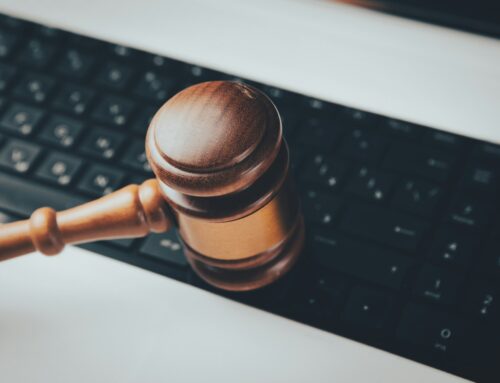Personal identification information (PII) can broadly be defined as any information that can be used to identify an individual.
So, what exactly is PII?
This could include your name, social security number, date of birth, and any other identifying information. Non-sensitive PII, on the other hand, refers to data that does not typically identify an individual, such as their street address.
Who Uses PII?
PII is widely used in both the public and private sectors, including the following:
- Government agencies Government agencies use PII to carry out their functions, such as delivering services or enforcing laws.
- Businesses PII is used by businesses to identify and contact customers, track sales and marketing efforts, and measure customer satisfaction.
- Employers Employers use PII for various reasons, including verification of employment eligibility, processing payroll, and providing benefits information.
- Education services Schools and universities also collect PII, usually for enrollment or financial aid purposes.
- Medical institutions Healthcare providers use PII to provide care to their patients as they need access to medical history in order to provide the best possible care.
- Insurance agencies Insurers use PII to determine eligibility for coverage and set premiums. They also use it to process claims and investigate fraud.
- Banks Banks use PII to identify their customers and prevent fraud. They also use it to process transactions and for marketing purposes.
Bulleted List
How to Protect PII
Online security is a big concern for everyone, especially when protecting personal information. Here are some best practices for protecting PII:
- Use strong passwords and change them often.
- Be aware of what you’re sharing online—only share information that you’re comfortable with others knowing.
- Use antivirus and malware software to protect your computer from online threats.
- Install a firewall on your computer and update it regularly.
- Don’t open suspicious emails or attachments, or at least be sure to scan them with antivirus software before opening.
- Be careful about where you browse online—don’t visit unfamiliar websites or download files from unknown sources.
- Keep your operating system and applications up-to-date with the latest security patches.
Bulleted List
PII Security Policies
It is more important than ever for organizations to have comprehensive security policies in place to protect PII. If this data falls into the wrong hands, it can be used to commit identity theft or other crimes.
According to the National Institute of Standards and Technology (NIST), organizations should have a PII security policy in place to protect sensitive information. A PII security policy should identify who is responsible for implementing and enforcing it and what steps need to be taken to protect PII. The policy should also specify how long PII should be retained and when it should be destroyed.
One of the most important aspects of protecting PII is ensuring that all employees know the organization’s security policies and how they should handle sensitive information. Employees should be trained to identify PII, protect it, and know what to do if they suspect it has been compromised.
Organizations should also have protocols in place for responding to data breaches. If PII is compromised, the organization must take steps to notify affected individuals and mitigate any damage.
PII security policies are critical because they help ensure that sensitive data is protected from unauthorized access or disclosure. Organizations that don’t have a PII security policy in place are at greater risk of a data breach, which can harm their reputation and result in financial losses.
Discussion
Related Posts
If you enjoyed reading this, please explore our other articles below:



